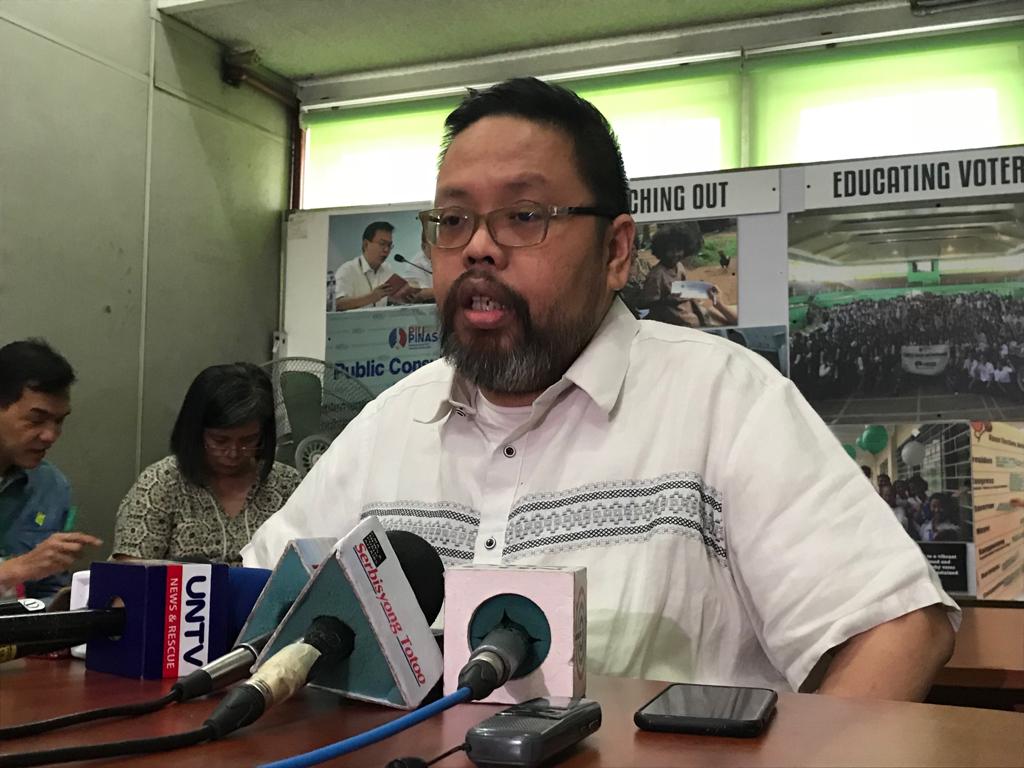The Commission on Elections (Comelec) has released the names of party-list nominees in a bid to help voters make an informed decision on whom to support in the May 13 midterm elections.
Comelec spokesperson James Jimenez said on Saturday that releasing the names of the nominees should “enhance the transparency of the electoral process” and allow voters to properly evaluate if a group was worthy of a seat in the House of Representatives.
“It cannot be denied that the identity of the nominees remains a significant reference for voters,” Jimenez said.
Last October, the poll body trimmed the number of eligible party-list groups from 181 to 134, but the number was still higher than the 115 that ran in the 2016 elections.
Election watchdog Kontra Daya had lamented that the party-list system no longer served its purpose of giving the poor representation because it had been infiltrated by politicians and businessmen.
Questionable
Nearly half, or 62, of groups running in the midterms have ties with political dynasties, represented special business interests or were running with questionable advocacy.
According to Kontra Daya convener Danilo Arao, the Comelec should organize a public forum so that voters could ask “probing questions” of the groups considered to be “dubious.”
“Right now, the silence of these dubious party-list groups is unacceptable,” Arao said on Saturday.
A party-list group has to get at least 2 percent of total votes cast for the party-list elections to secure a House seat.
Those with more than 2 percent of the votes can have as many as three seats.
